The Dutch Marine Energy Centre presented itself to TU students and researchers today and it is eager to bring new initiatives to fruition.
(Photo: Jeremy Bishop / Unsplash)
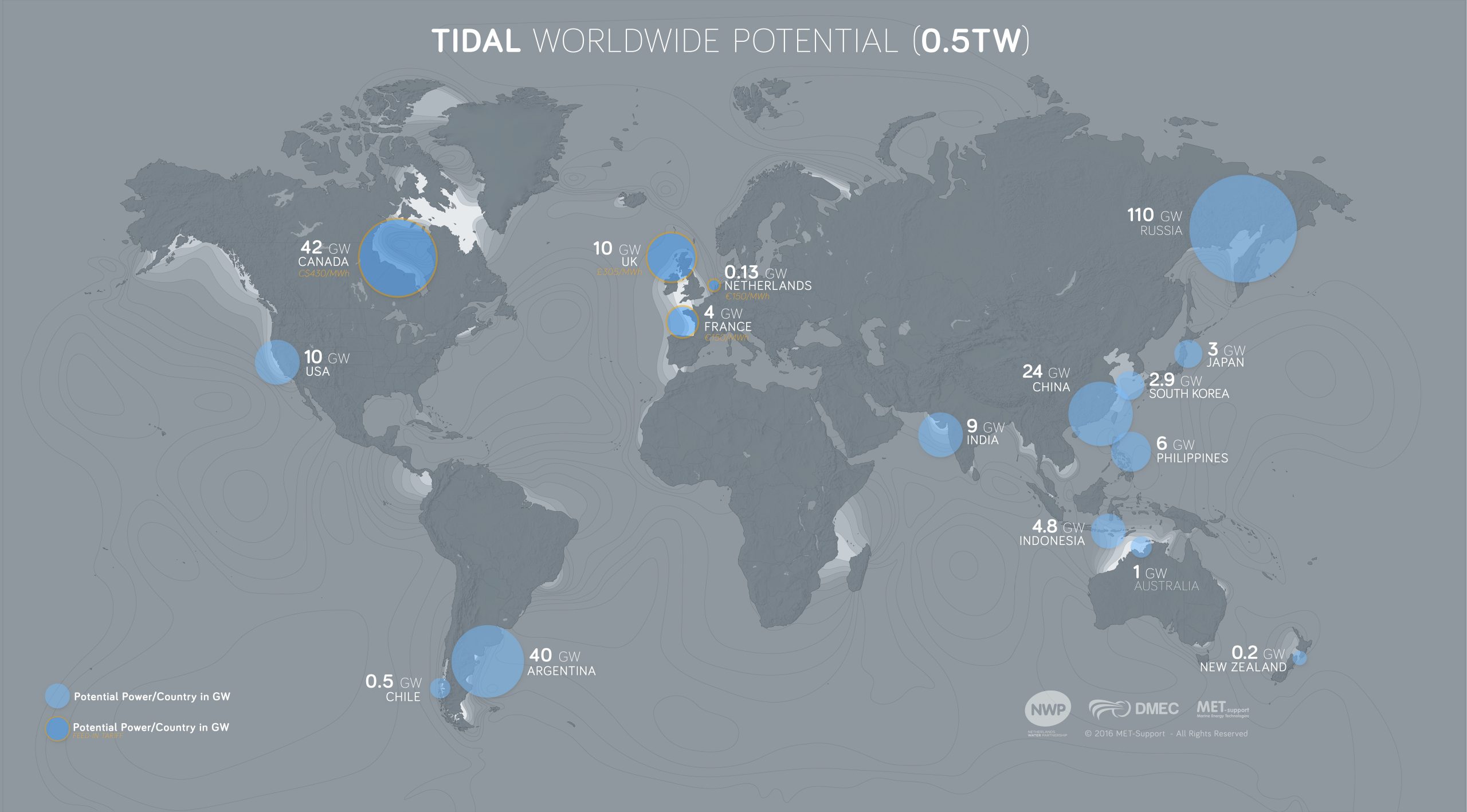 Tidal energy
Tidal energyTidal energy
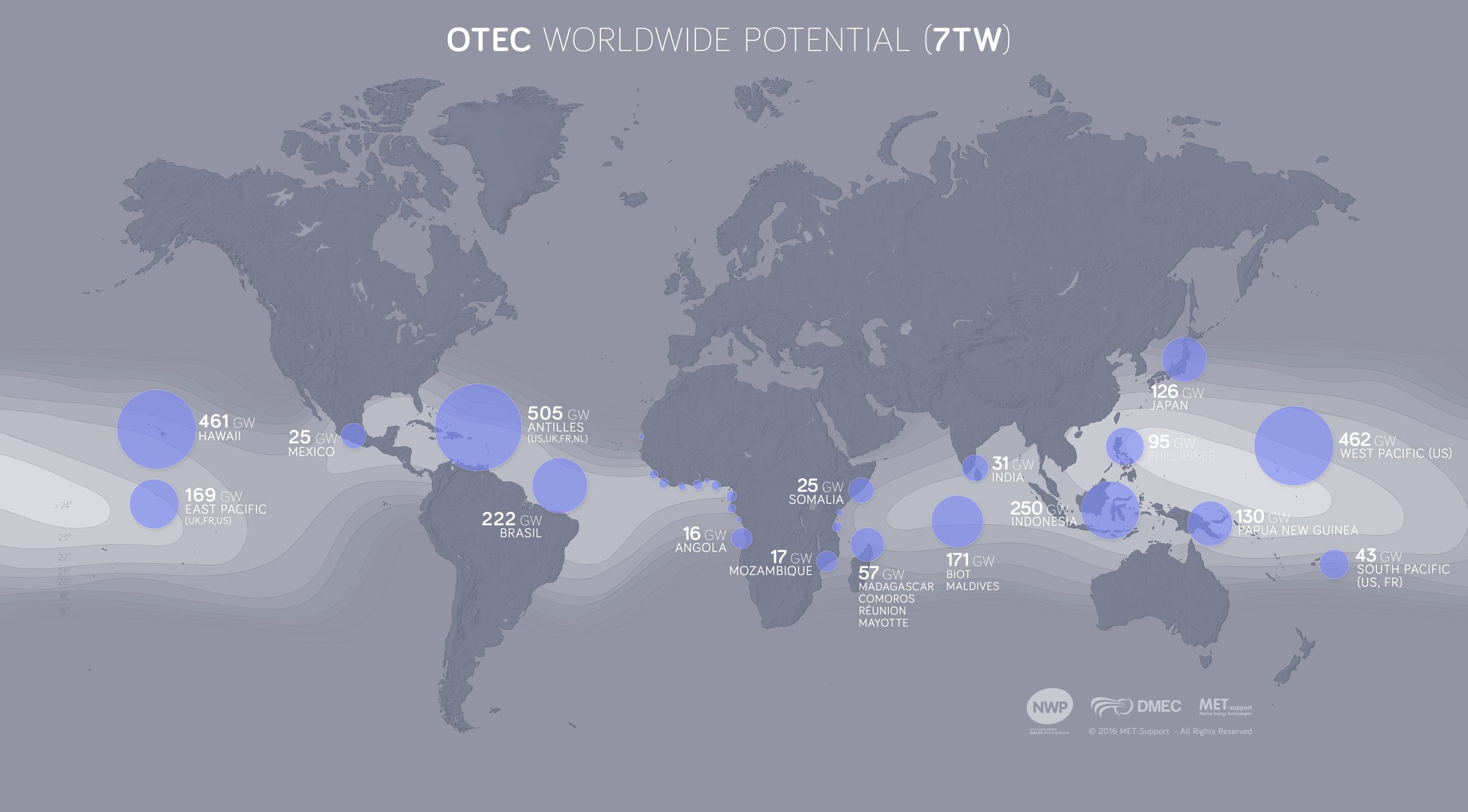 OTEC
OTECOTEC
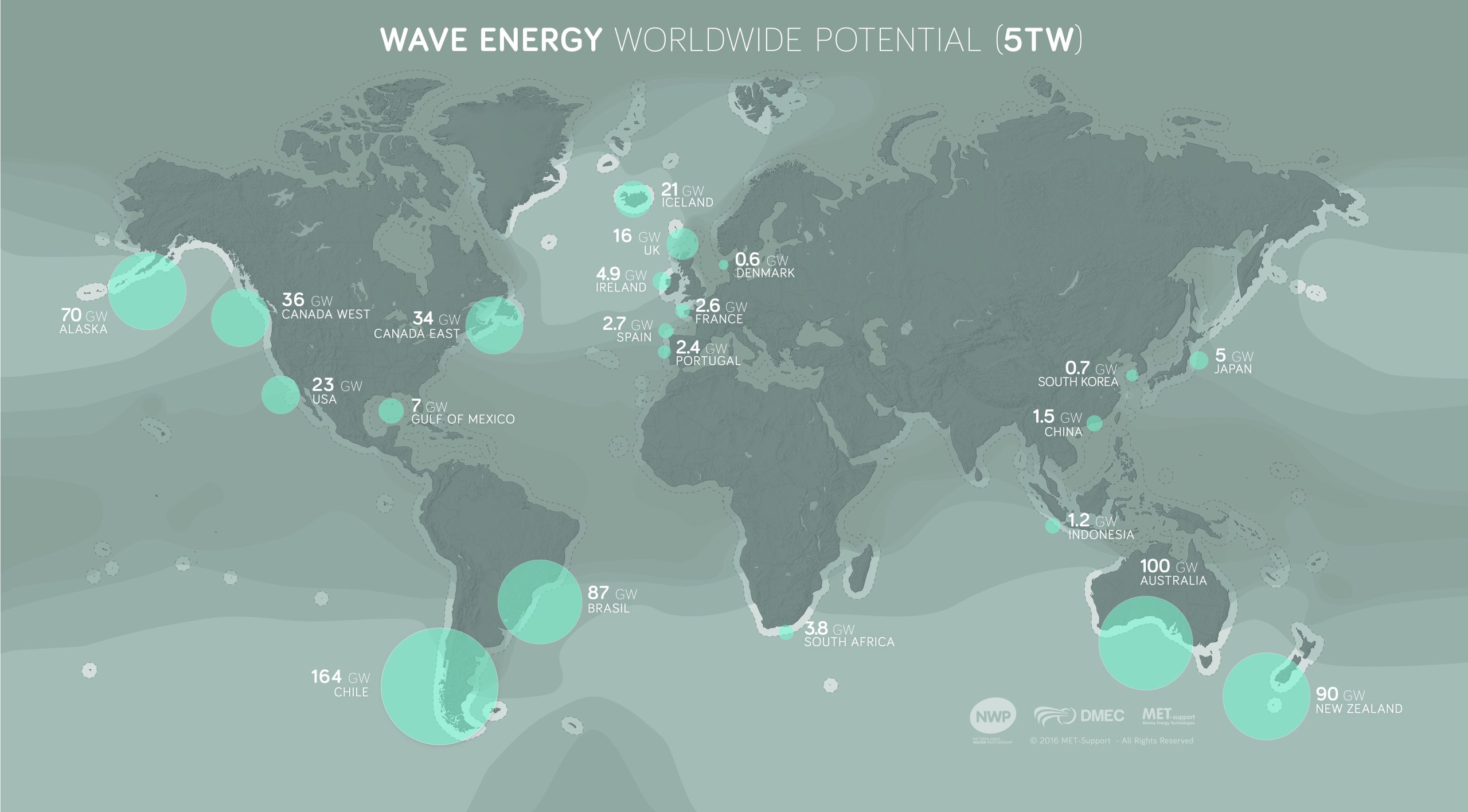 Wave energy
Wave energyWave energy
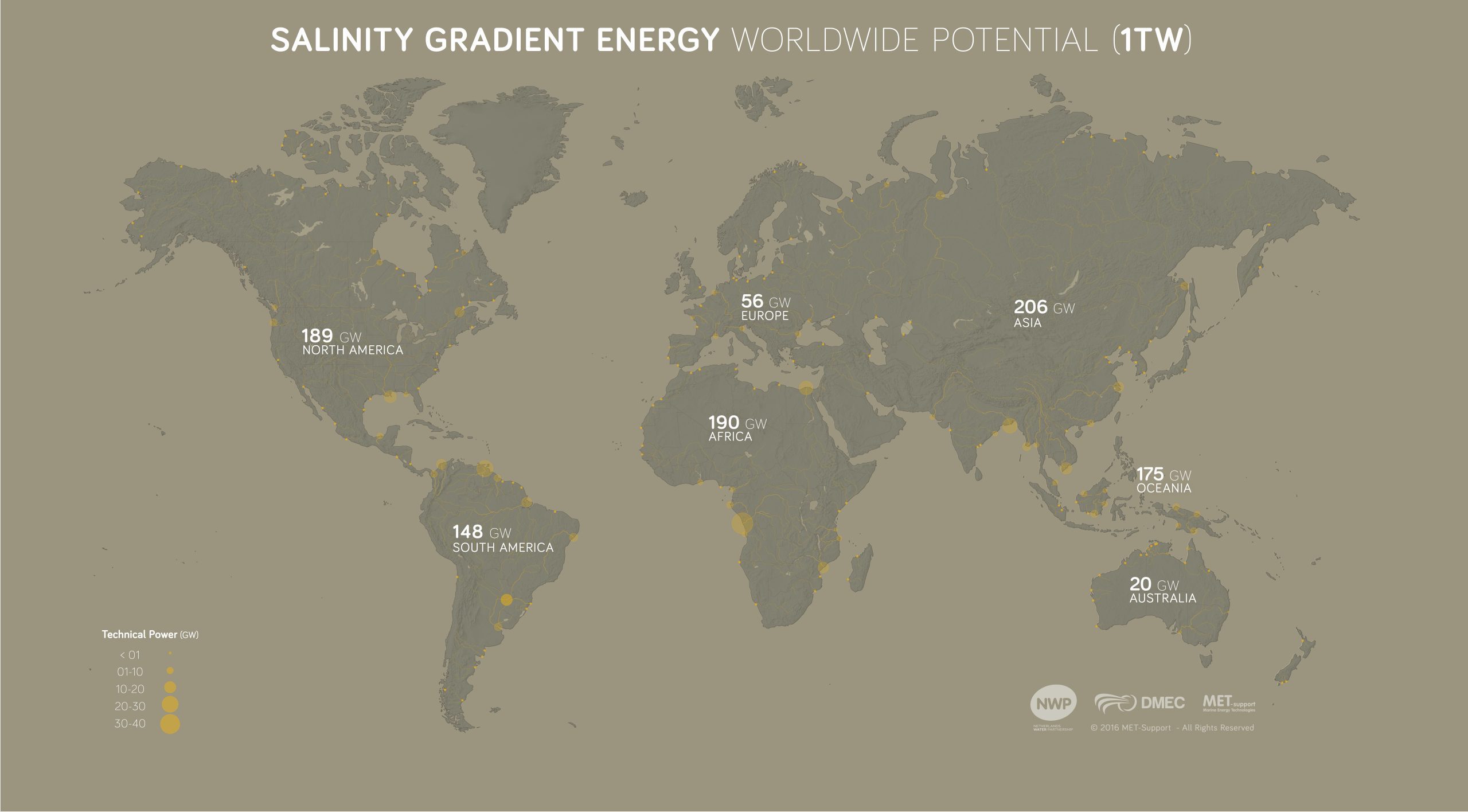 Salinity gradient
Salinity gradientSalinity gradient
The Dutch Marine Energy Centre (DMEC) started earlier this year with subsidies from the European Regional Development Fund (ERDF) program Kansen voor West II and from the province of North Holland. It was set up to facilitate collaborations between techno starters, universities, research institutes and service providers working in the field of marine energy. Carlette Nieland from DMEC told the approximately 80 person audience in the 3mE lecture hall that the centre aims to facilitate access to expertise and knowledge, help getting funding and entry to test facilities. As a young organisation however, DMEC will do on-going market consultations to find out what services are mostly needed.
The DMEC currently has 15 partners including businesses, research institutes (such as ECN and Deltares) and universities (including Erasmus University and Wageningen University). TU Delft has not yet signed up as a partner.
The DMEC hosts various forms of marine energy such as tidal turbines (by Tocardo), wave-energy resonators by Teamwork Technology, Ocean Thermal Energy Conversion (OTEC) and osmotic energy by Redstack and Wetsus university of applied sciences.
According them, the global potential for wave energy is substantial: five terawatts or the equivalent of 5,000 coal-fired power plants. The largest potential is in Chili (164 gigawatts). In Europe, the UK stands out with 16 gigawatts. Netherlands has no significant wave potential.
There is potential for tidal energy in the Netherlands though. 100 megawatts according to the map (or the equivalent of twenty offshore wind turbines). Russia is the has the most potential with 110 gigawatts in east-Siberia, which is uninhabited.
Nieland invited students and start-ups to contact DMEC for the development of their ideas on marine energy harvesting. After all, by April 2018, the marine energy centre should be self-sustaining in the activities.


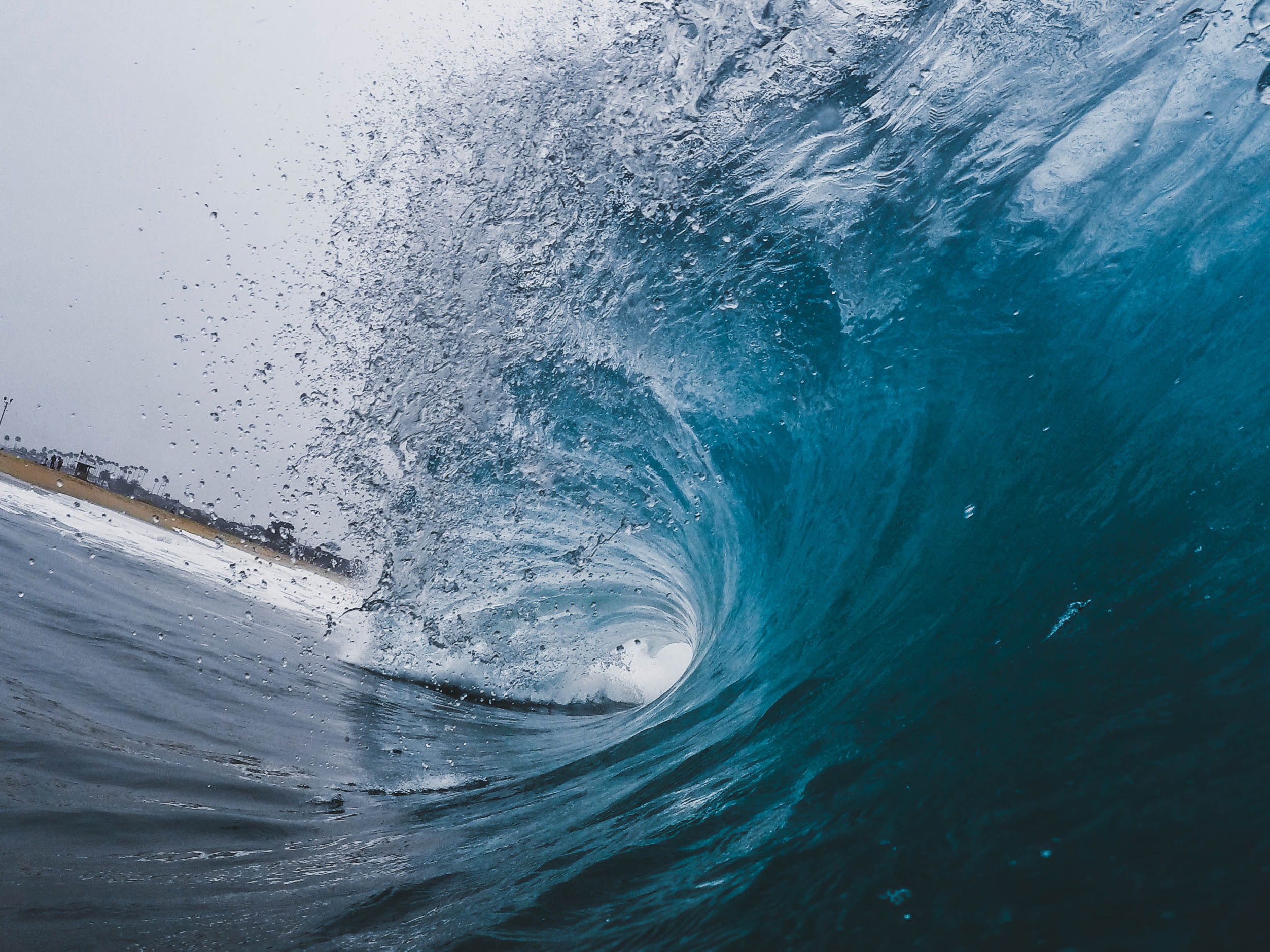
Comments are closed.